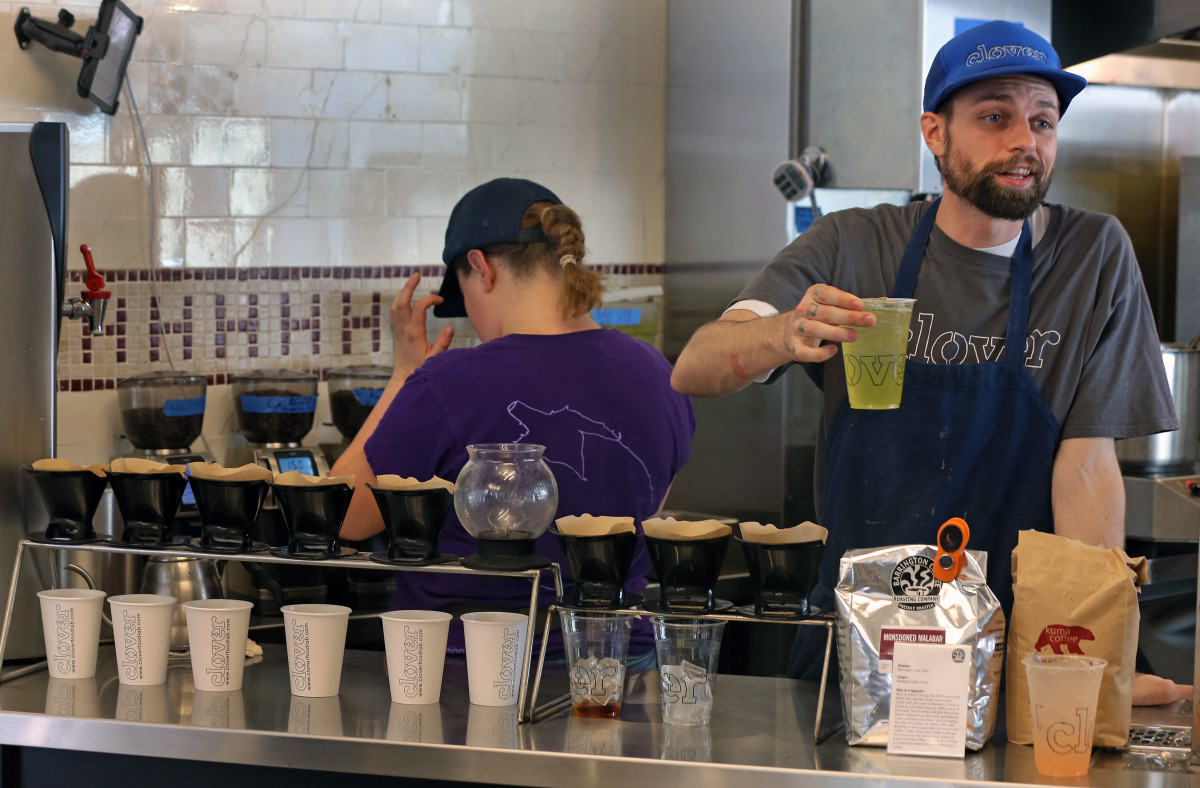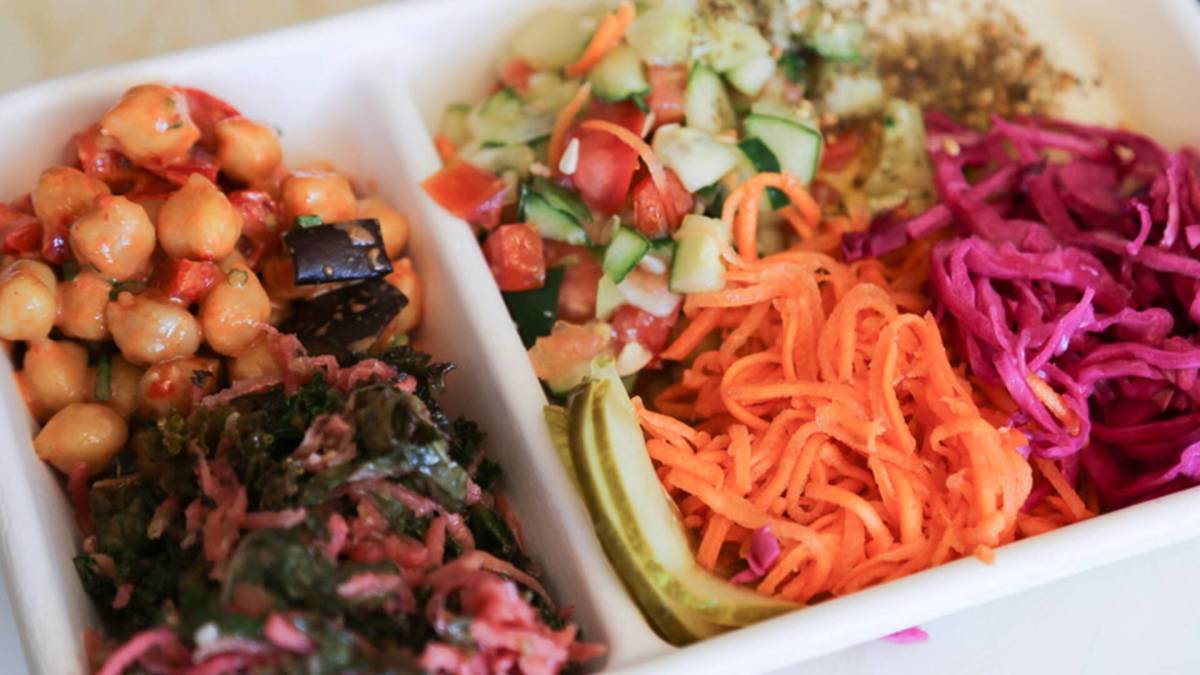
Iconic and essential retailers have been marching into bankruptcy court this year as issues related to supply chain disruptions, rising inflation and other financial difficulties pushed many into Chapter 11.
Giant retailer Rite Aid on Oct. 15 filed Chapter 11 as it has struggled financially for many years competing against Walmart WMT, Costco COST, CVS CVS and Walgreens Boots Alliance WBA drug retailer Walgreens.
Tough competition, however, wasn't what pushed Rite Aid over the edge, as potential liability from a Department of Justice civil lawsuit, which it filed against the company in March 2023, forced Rite Aid to file.
Related: Essential retailer closing more stores in bankruptcy
In its lawsuit, the DOJ alleged that Rite Aid's pharmacists inappropriately filled opioid prescriptions, contributing to the opioid epidemic by “repeatedly filled prescriptions for controlled substances with obvious red flags" and it "intentionally deleted internal notes about suspicious prescribers.”
The debtor is hoping to negotiate a favorable settlement in bankruptcy that won't cost it billions. The company has already identified 178 stores that it plans to close to cut costs.
Upscale furniture maker Mitchell Gold + Bob Williams revealed it was having financial trouble in late August and unexpectedly closed its 27 stores across 14 states and multiple Canadian provinces on its way to filing Chapter 11.
The company was unable to secure adequate debtor-in-possession financing, which prompted Judge Laurie Selber Silverstein of the U.S. Bankruptcy Court of Delaware to subsequently force the retailer into Chapter 7 liquidation.
Restaurant operators file Chapter 11
Restaurants are also having a tough time this year. Several fast-food restaurant franchisees have faced economic distress from a number of issues such as labor needs, economic woes and changes in consumer behavior.
Burger King operators Meridian Restaurants and Toms King filed Chapter 11 this year blaming high costs and slow sales, Restaurant Dive reported. Hardee's restaurant operator Summit Restaurant Holdings with 106 units also filed bankruptcy in May and either closed or sold off its restaurants.
Some struggling restaurant chains are able to close underperforming locations without filing bankruptcy. In June, vegan/vegetarian fast-casual restaurant chain Veggie Grill closed six of its restaurant locations in California citing reduced demand for its fast-casual dining offering from a shift to hybrid work models, the company's CEO T.K. Pillan said in an email to Patch.
A review of the company's website shows that it still operates 12 locations in California, two in Oregon, two in Washington and one in Massachusetts.

Clover Food Lab
Vegetarian fast-food chain files for bankruptcy
Boston-based vegetarian fast-food restaurant chain Clover Food Lab on Nov. 3 filed for Chapter 11 Subchapter 5 bankruptcy in the U.S. Bankruptcy Court for District of Delaware to reorganize its business as its sales have not fully recovered from the effects of the Covid pandemic, according to its website.
In addition to lower than expected sales, the company in court papers said that high rent for its locations and inadequate funding as a result of the failure of Silicon Valley Bank contributed to the chain's distress, WBUR reported.
The restaurant chain had planned to raise capital to expand in New England and into New York but the fallout from the failure of Silicon Valley Bank resulted in its financing plans to collapse.
High rents and low sales at three of its locations led the company to seek lease concessions from its landlords, which was unsuccessful and forced the company to file bankruptcy.
"COVID changed everything for restaurants like us," the company said in a statement on its website. "The way we eat, drink, work, and get together has shifted substantially and, while Clover has seen a steady recovery in sales (and the creation of a whole new part of Clover with our meal box program) our sales are still below pre-pandemic levels. So, we’ve decided to use Chapter 11 Subchapter 5 bankruptcy to reorganize the company."
The restaurant chain, which opened in 2008 as a single food truck on the Massachusetts Institute of Technology campus in Cambridge, Mass., offers an organic, vegetarian menu at its 15 locations that "changes by the minute to keep up with daily available produce from farms in New England," according to Clover Food Lab's website.







